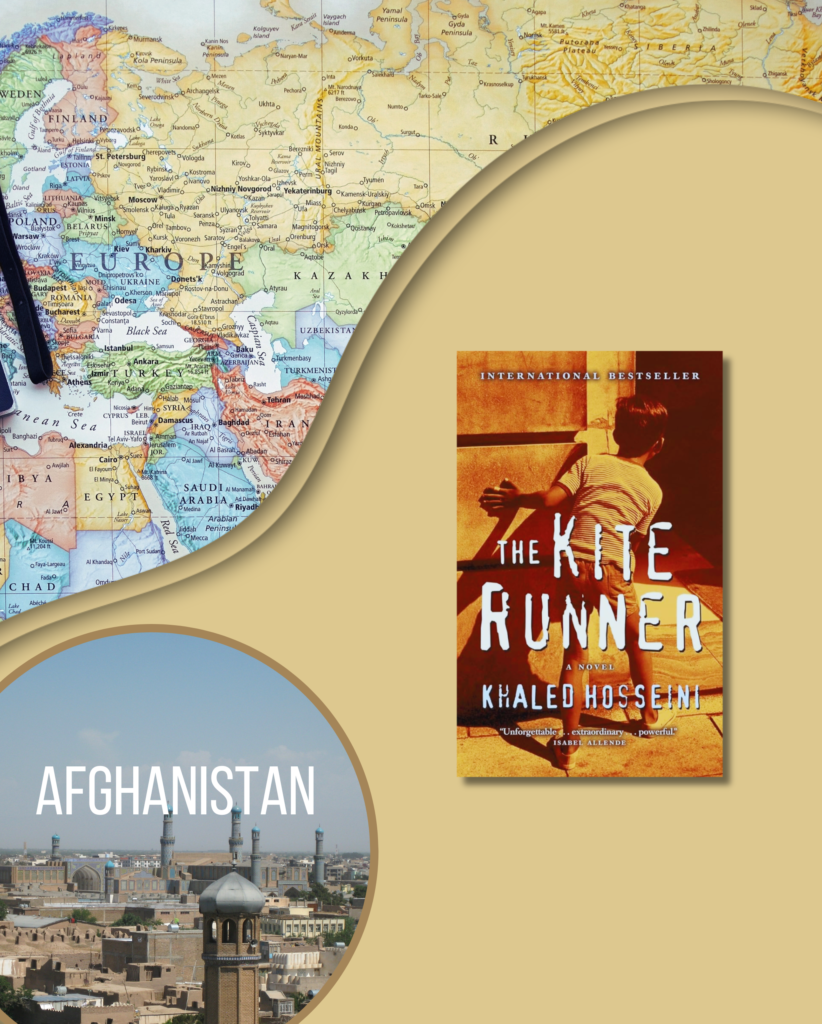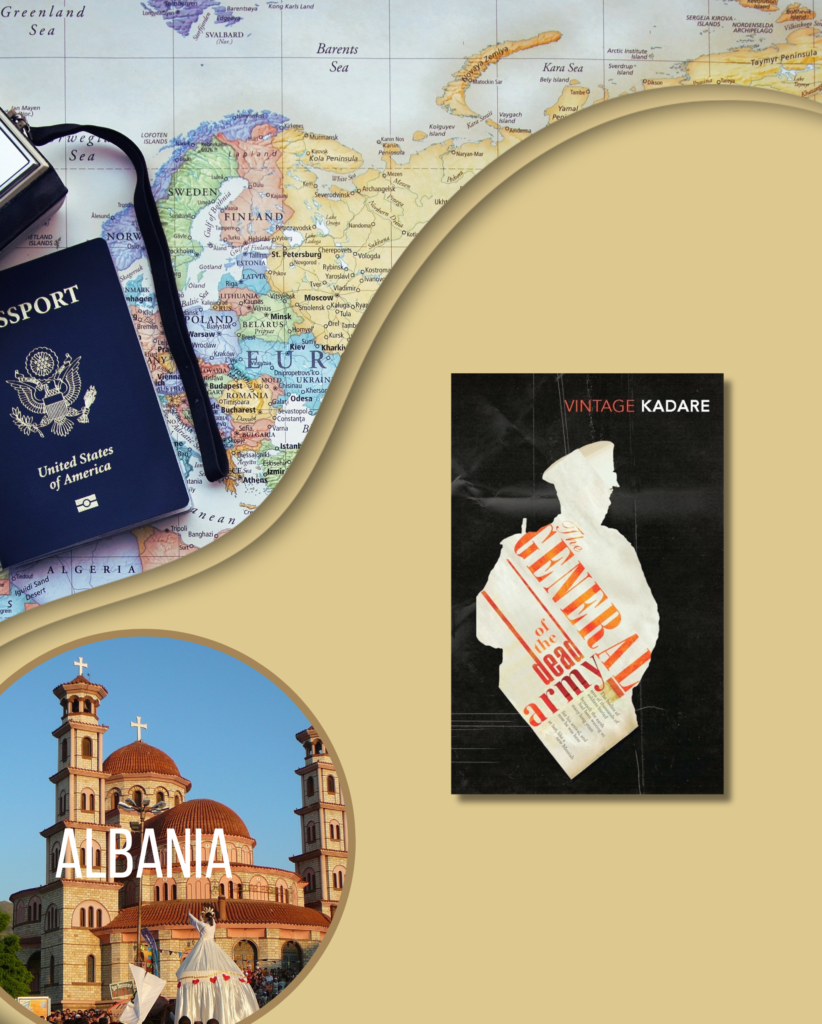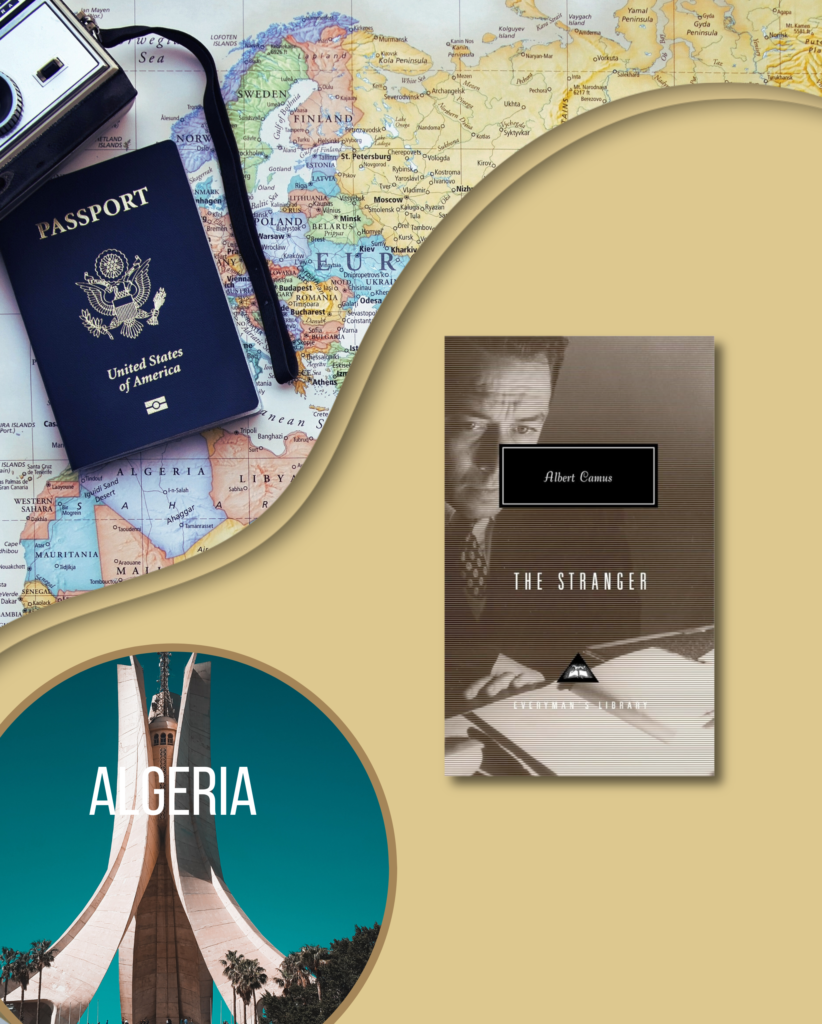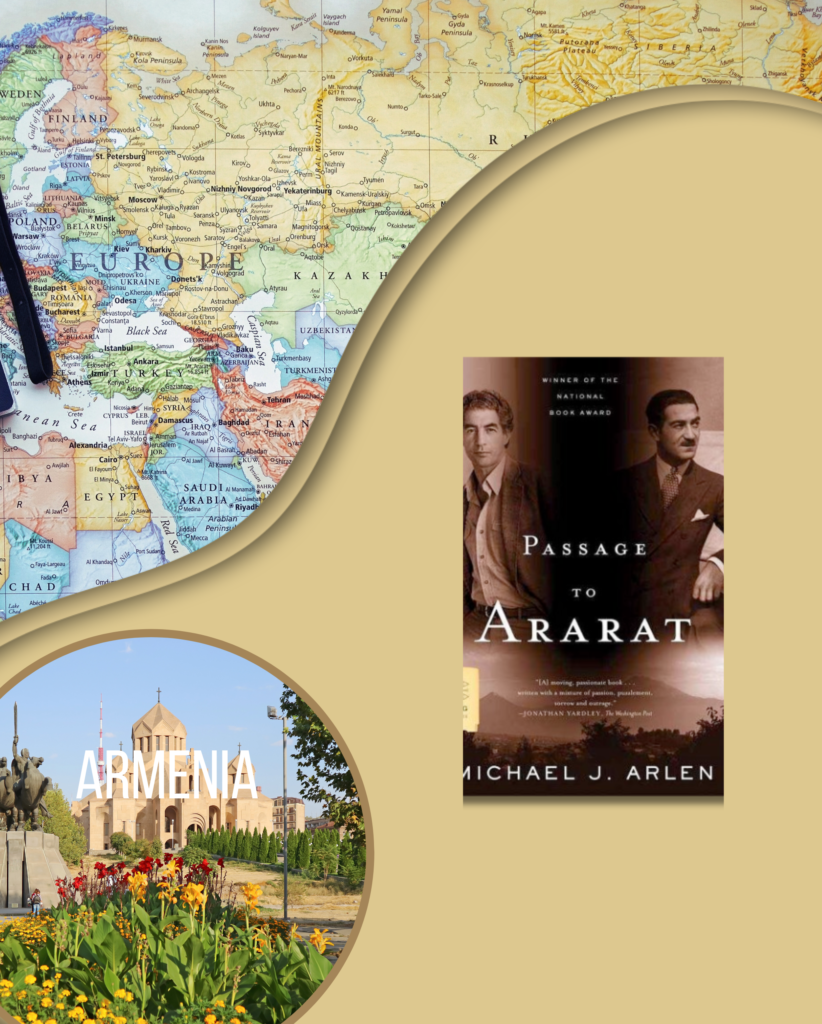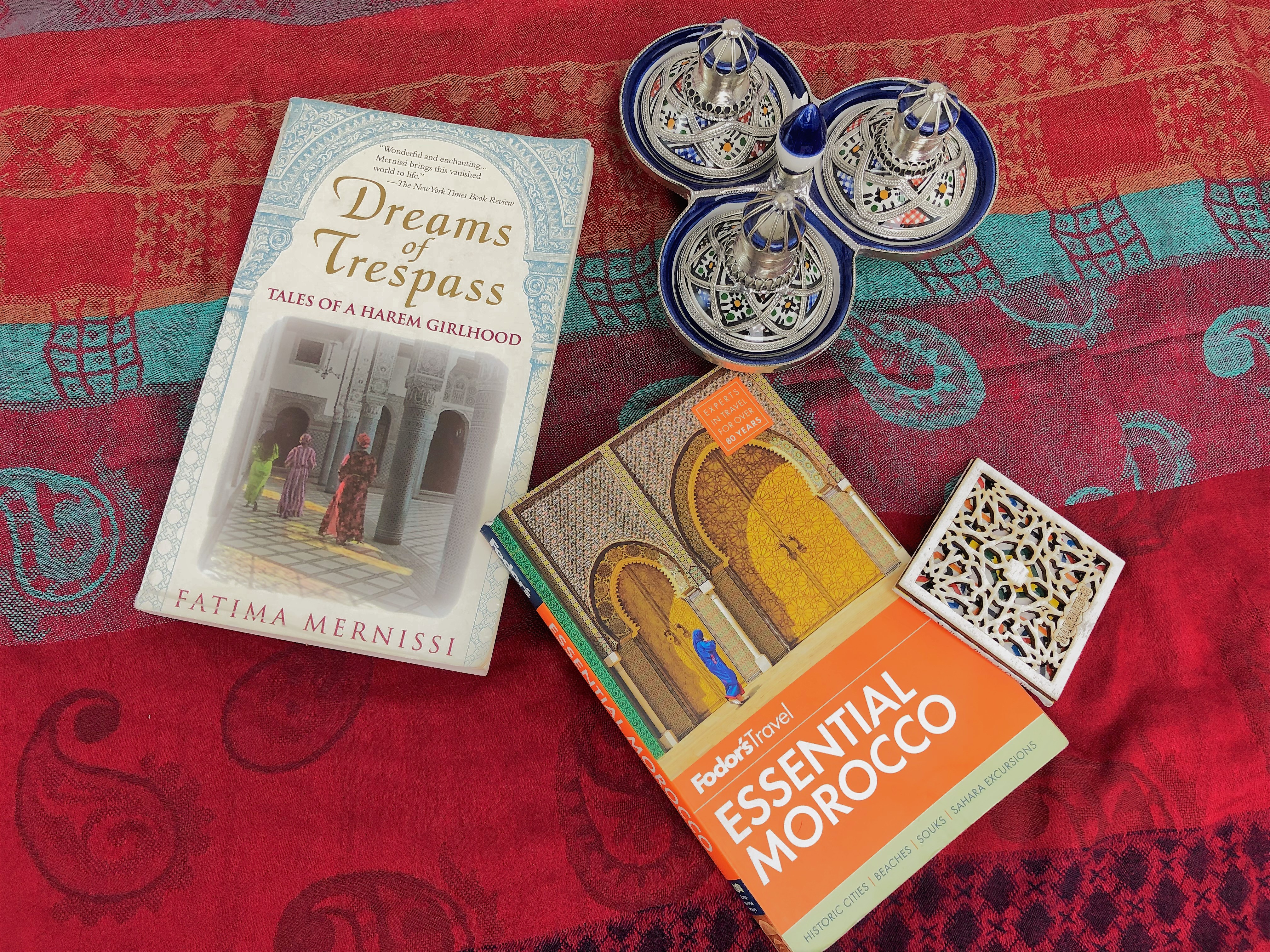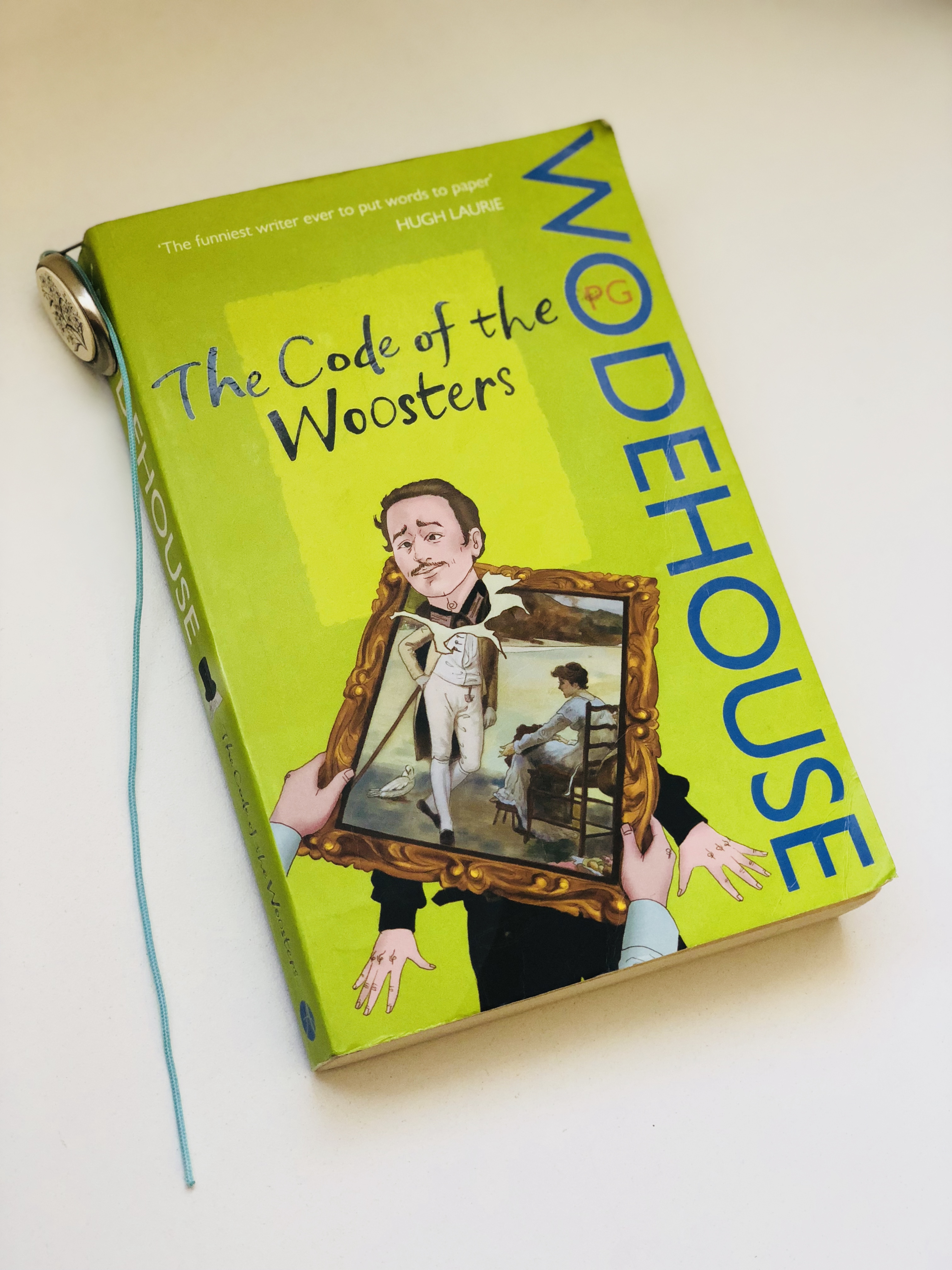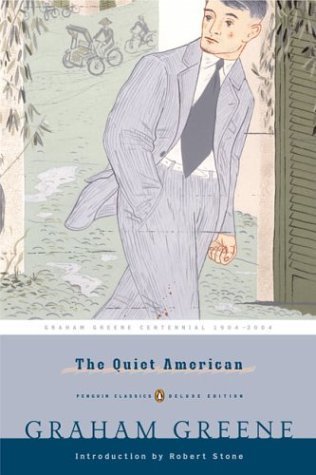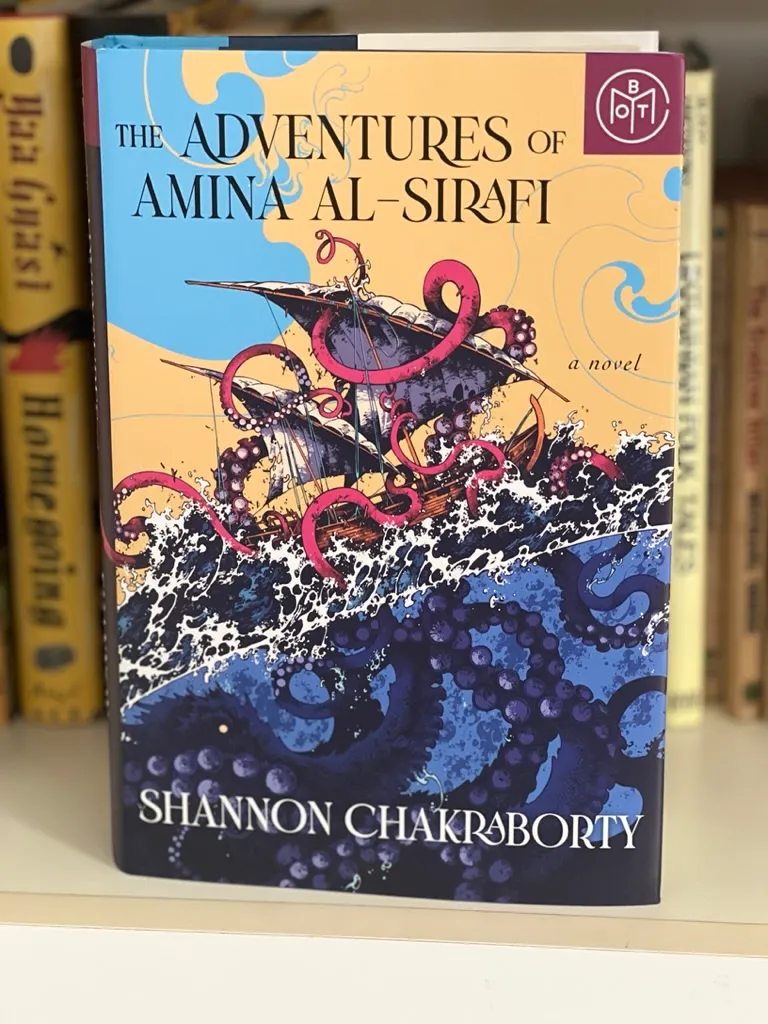
As I launch my revised and improved blog site, I wanted to liven things up by signing up for a new reading challenge. I have seen many fellow bloggers do this and I think its a great idea to expand my reading horizons. As a lifetime project, I plan to read a book from each country in the world.
Some of the ground rules are:
1) It can be a translation or be written in English by an author from the country in question
2) The book plot has to be based in the country
3) If I have read foreign authors in the last 5 years ( and not earlier) it is okay to count them as a part of the project. ( no..this is not cheating..after all I have read them, haven’t I?!)
4) Both fiction and non-fiction qualify!
I am marking my progress as I travel across the world in books, and talk about what I read. Quite a few of my favorites make into this list. I have added links to my review where available, otherwise included a link to the Goodreads page.
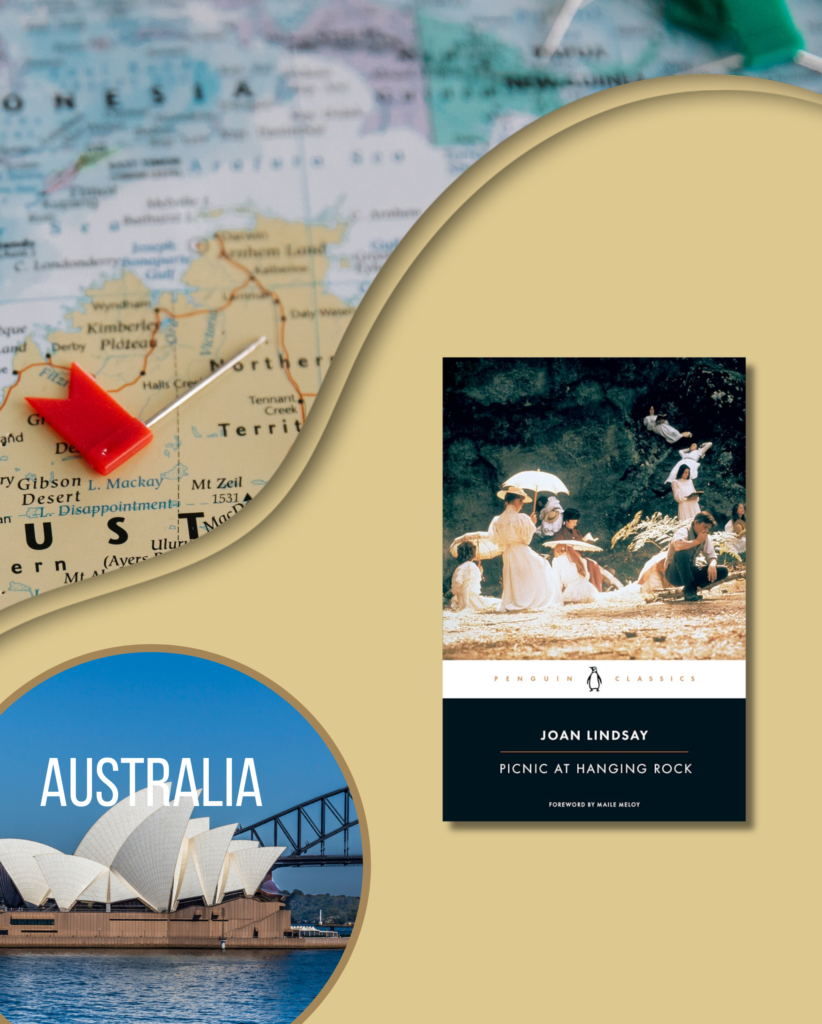
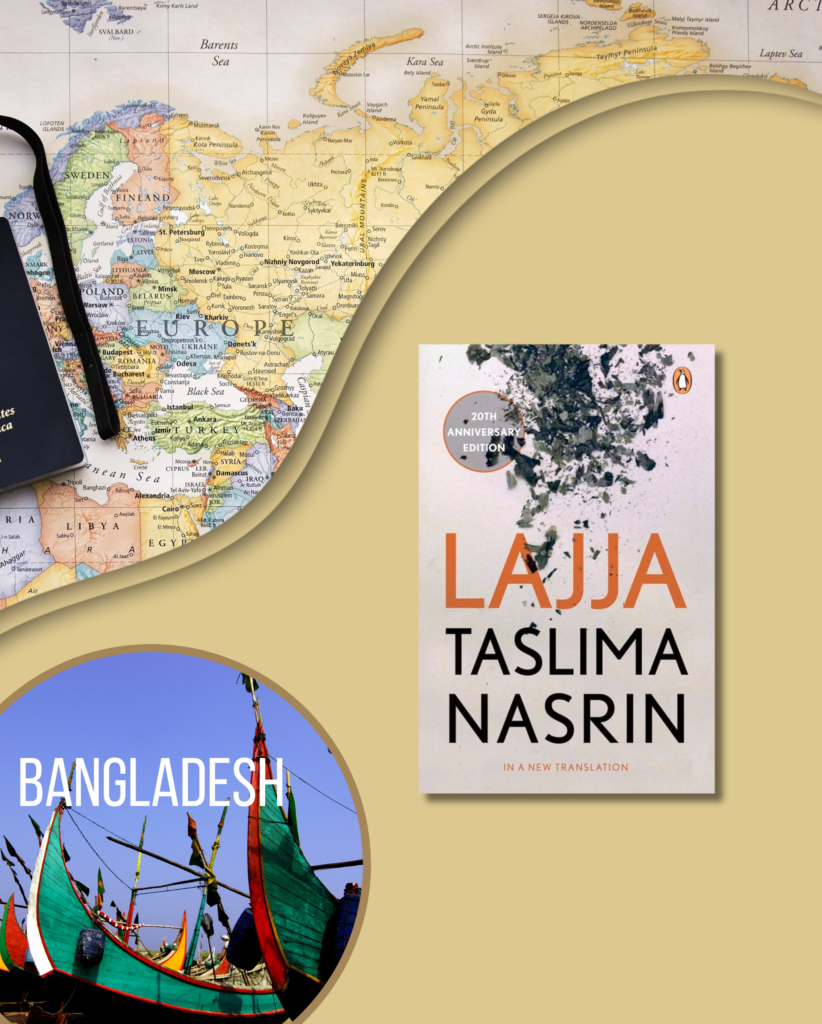
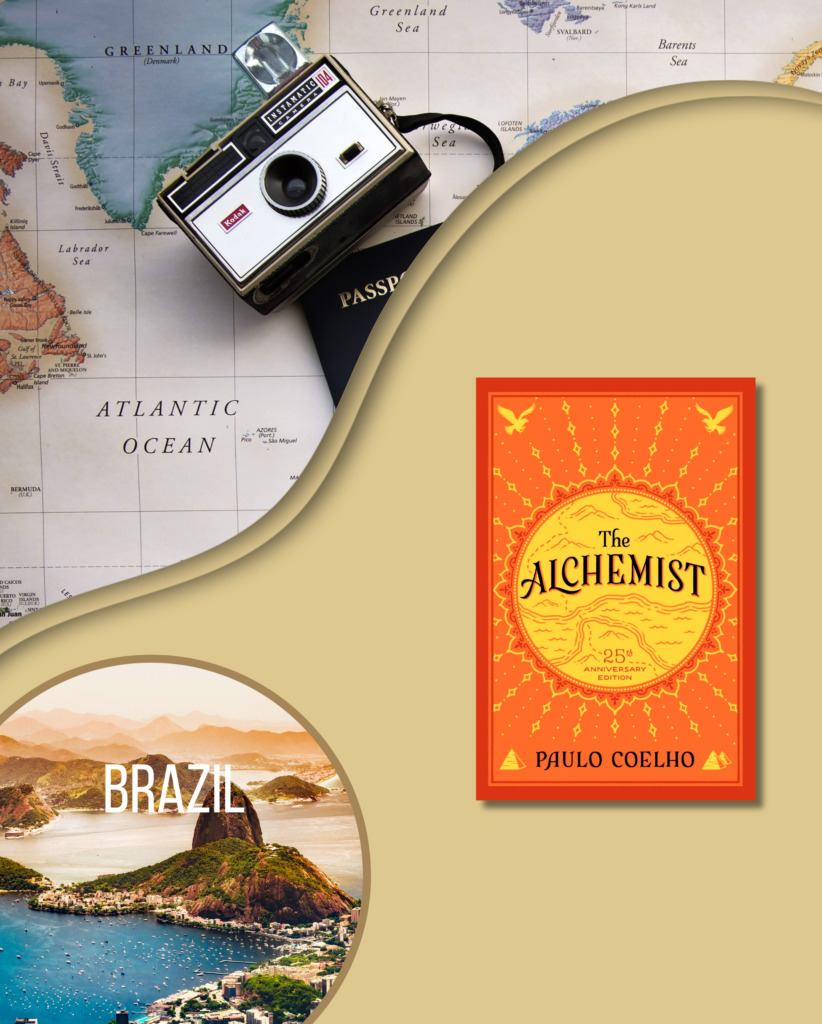
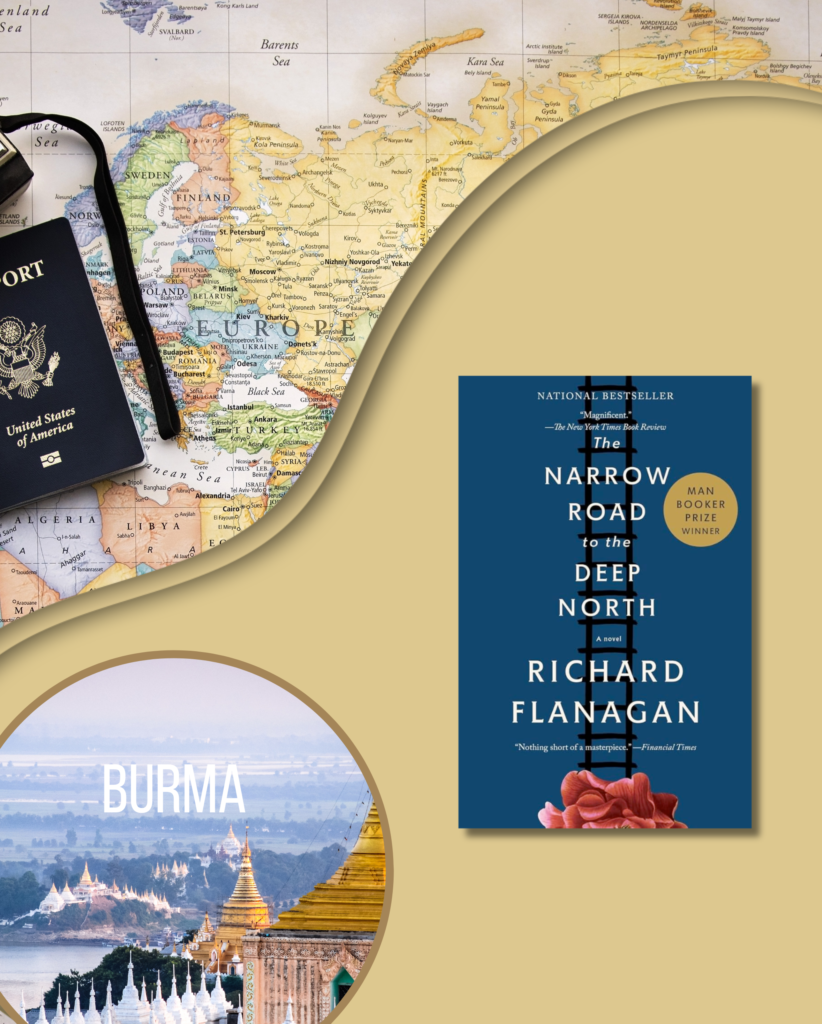
 Albert Camus, is probably one of the most famous Algerian writers of all times. For Algeria, I picked this novel about existentialism.
Albert Camus, is probably one of the most famous Algerian writers of all times. For Algeria, I picked this novel about existentialism.
‘Albert Camus’s spare, laconic masterpiece about a Frenchman who murders an Arab in Algeria is famous for having diagnosed, with an almost scientific clarity, that condition of reckless alienation and spiritual exhaustion that characterized so much of twentieth-century life. ‘
Couple of recommendations here as I did some serious reading for my trip to Australia!

A bunch of girls from a stuck-up boarding school plan a picnic to Hanging Rock on Valentine’s day. During the picnic, four girls and a teacher decide to climb the monolithic rock that gives the picnic spot its name. Only one girl returns with no memory of what happened. What happened to those girls? The oppression of the school boundaries, the headmistress’s rules, the heat of the Australian summer – all this adds to the mood of the novel making it a riveting read. In the original publication, the last chapter which solved the mystery was withheld from the readers to create buzz and add to the discussion. Sort of 20th century viral marketing?
I have read the first two and loved them – great insight into the poor and struggling class of Australia.
‘The Harp in the South Trilogy follows the trials and tribulations of the Darcy family over thirty years, from country New South Wales in the 1920s to the inner-city slums of Surry Hills in the 1950s.
The beating heart of this exuberant play is its carousel of characters. From hard-boozing Hugh Darcy and his long-suffering ‘Missus’ Margaret, to their children, sensitive and romantic Roie, smart and sassy Dolour, and poor little Thady who ran out onto the overcrowded road and has been trying to find his way home ever since. Along the way there’s the Chinese greengrocer Lick Jimmy, who tempts Dolour with his ‘poor man’s oranges’, no-nonsense brothel madam Delie Stock, who tempts everyone with her girls, and handsome young Charlie Rothe, who tempts Roie with the promise of a better life. ‘
There are many great Canadian writers that you can pick from. Margaret Atwood (The Handmaiden’s Tale, Yanni Martel ( The Life of PI), Michael Ondaatje (The English Patient), and so on.
But if I had to pick one book, I would unhesitatingly go to my childhood favorite, Anne of Green Gables by Lucy Maude Montgomery
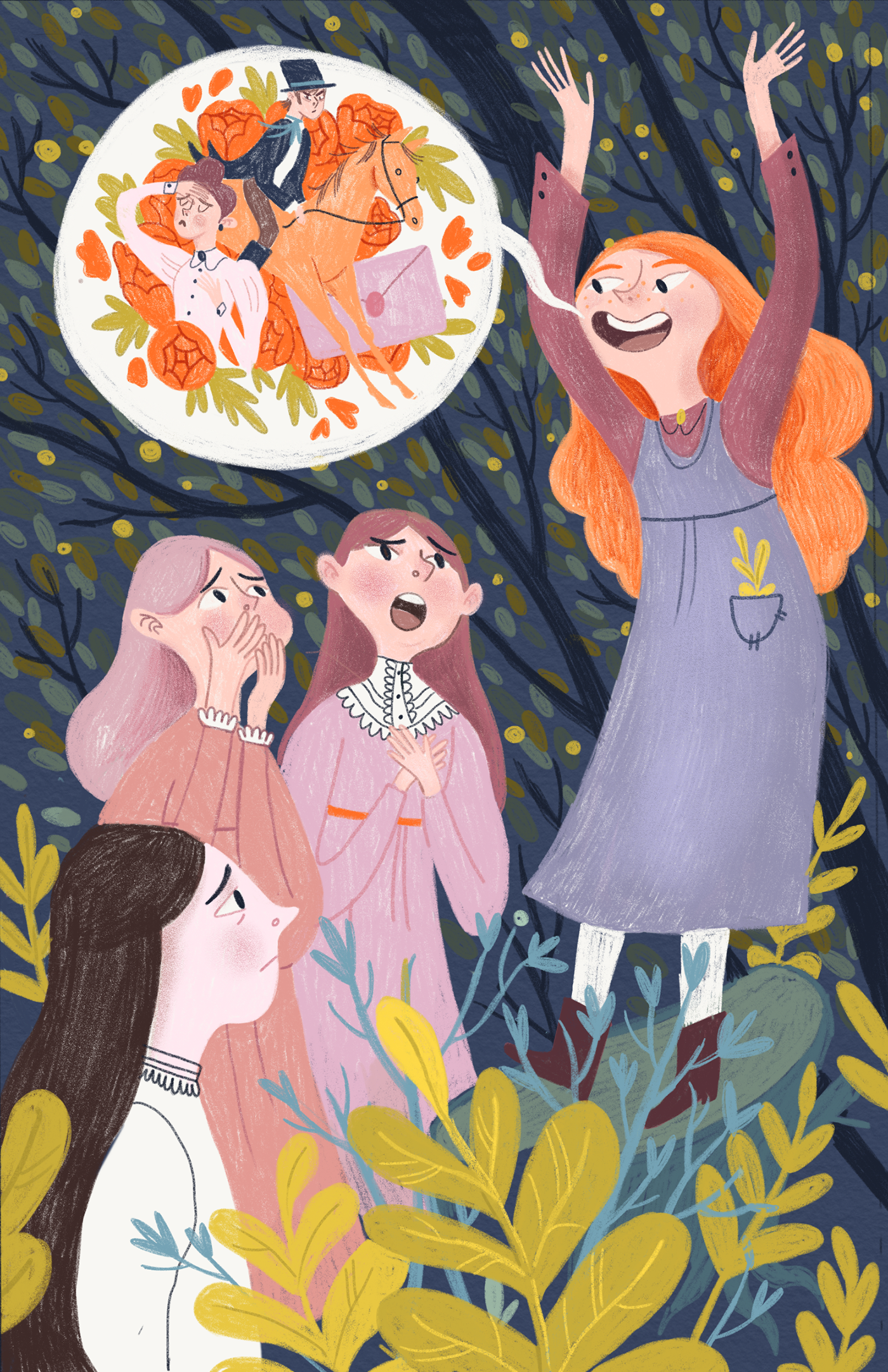
Anne of Green Gables in which Anne tells a story
The coming-of-age story of the precocious orphan girl in the idyllic rural town on Prince Edward Island has captured generations. It’s one of the very few books that I have reread multiple times, well into my adult life – for its sheer charm, writing and gentle optimism.
‘ For generations, readers have been charmed by the special world of Green Gables, an old-fashioned farm outside a town called Avonlea. Eleven-year-old Anne Shirley has arrived in this verdant corner of Prince Edward Island only to discover that the Cuthberts—elderly Matthew and his stern sister, Marilla—want to adopt a boy, not a feisty redheaded girl. But before they can send her back, Anne—who simply must have more scope for her imagination and a real home—wins them over completely.’
Epic Book Societyalso has a large recommendations of books set in Canada – check it out.
 My pick for China is Empress Orchid by Amchee Min. Empress Orchid follows the life a little Manchu girl, Orchid Yehonala. She gets chosen to be the Emperor’s Hseng’s Imperial consort and her rise to power as the Empress Dowager. Equally fascinating is the story of the writer Amchee Min, who spent her early years in China in challenging conditions.
My pick for China is Empress Orchid by Amchee Min. Empress Orchid follows the life a little Manchu girl, Orchid Yehonala. She gets chosen to be the Emperor’s Hseng’s Imperial consort and her rise to power as the Empress Dowager. Equally fascinating is the story of the writer Amchee Min, who spent her early years in China in challenging conditions.
‘From Anchee Min, a master of the historical novel, Empress Orchid sweeps readers into the heart of the Forbidden City to tell the fascinating story of a young concubine who becomes China’s last empress. Min introduces the beautiful Tzu Hsi, known as Orchid, and weaves an epic of the country girl who seized power through seduction, murder, and endless intrigue. When China is threatened by enemies, she alone seems capable of holding the country together.’
I have surprisingly read very little from France – have not ready anything by Victor Hugo or Alexander Hugo. Not sure watching the movie adaptations of Les Miserables counts!
 But I did read Candide by Voltaire, which means I can tick France off my reading list. That wonderfully thin 🙂 and satirical novel is a timeless classic.
But I did read Candide by Voltaire, which means I can tick France off my reading list. That wonderfully thin 🙂 and satirical novel is a timeless classic.
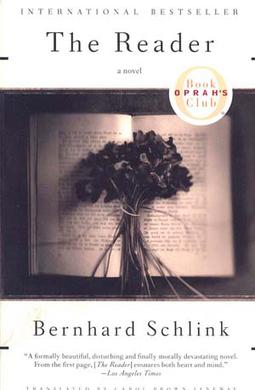 It’s unlikely to read German literature untouched by the specter of war that has defined so much of the nation’s last 100 years. The Reader by Bernhard Schlink captures the effects of war for generations to come through the story of a 15-year-old boy and his relationship with an older woman.
It’s unlikely to read German literature untouched by the specter of war that has defined so much of the nation’s last 100 years. The Reader by Bernhard Schlink captures the effects of war for generations to come through the story of a 15-year-old boy and his relationship with an older woman.
‘Hailed for its coiled eroticism and the moral claims it makes upon the reader, this mesmerizing novel is a story of love and secrets, horror and compassion, unfolding against the haunted landscape of postwar Germany. When he falls ill on his way home from school, fifteen-year-old Michael Berg is rescued by Hanna, a woman twice his age. In time she becomes his lover—then she inexplicably disappears. When Michael next sees her, he is a young law student, and she is on trial for a hideous crime. As he watches her refuse to defend her innocence, Michael gradually realizes that Hanna may be guarding a secret she considers more shameful than murder.’
Being from India, this is an exceptionally hard one to narrow down. I can recommend anything from ancient epics like the Mahabharata to modern works by writers like Arundhati Roy, Vikram Seth, Salman Rushdie. I would suggest picking up any William Dalrymple’s non-fictional books about the history of India. Dalrymple is a Scottish historian and writer, who has made India his second home. He writes with vast knowledge and love about India’s historical past.  From his wide range of works, I would recommend ‘The City of Djinns’. A collection of encounters and experiences in Delhi, it’s entertaining, honest and gives us an interesting take on old Delhi.
From his wide range of works, I would recommend ‘The City of Djinns’. A collection of encounters and experiences in Delhi, it’s entertaining, honest and gives us an interesting take on old Delhi.
——————————————————————————————————————————————————-
Could you show me a djinn?’ I asked. ‘Certainly,’ replied the Sufi. ‘But you would run away.’
From the author of the Samuel Johnson Prize-shortlisted ‘The Return of a King’, this is William Dalrymple’s captivating memoir of a year spent in Delhi, a city watched over and protected by the mischievous invisible djinns. Lodging with the beady-eyed Mrs Puri and encountering an extraordinary array of characters – from elusive eunuchs to the last remnants of the Raj – William Dalrymple comes to know the bewildering city intimately.
He pursues Delhi’s interlacing layers of history along narrow alleys and broad boulevards, brilliantly conveying its intoxicating mix of mysticism and mayhem.
‘City of Djinns’ is an astonishing and sensitive portrait of a city, and confirms William Dalrymple as one of the most compelling explorers of India’s past and present.
It’s quite embarrassing for me to admit, but I am yet to read anything by James Joyce, the obvious and the most famous of Irish writers. Many great things have been said about Ulysses and Dubliners, so am sure these are without doubt an excellent way to go.
 While I work on fixing the lack of Joyce in my life, I would recommend another Irish writer. Frank McCourt’s autobiography of growing up in abject poverty has made a mark in literature for years to come.
While I work on fixing the lack of Joyce in my life, I would recommend another Irish writer. Frank McCourt’s autobiography of growing up in abject poverty has made a mark in literature for years to come.
A preview of my review here:
“Worse than the ordinary miserable childhood is the miserable Irish childhood. Worse yet is the miserable Irish Catholic childhood.” No book review of Angela’s Ashes is complete without quoting these opening lines, because in them lies the promise of an engaging and poignant story.
 I highly recommend Umberto Eco’s The Name of the Rose, a medieval murder mystery set in the heart of the church that may not be to everyone’s taste. I personally rather enjoyed it, but it did require quite extensive reading on the side to keep up with religious references and Italian church politics.
I highly recommend Umberto Eco’s The Name of the Rose, a medieval murder mystery set in the heart of the church that may not be to everyone’s taste. I personally rather enjoyed it, but it did require quite extensive reading on the side to keep up with religious references and Italian church politics.
‘The year is 1327. Benedictines in a wealthy Italian abbey are suspected of heresy, and Brother William of Baskerville arrives to investigate. When his delicate mission is suddenly overshadowed by seven bizarre deaths, Brother William turns detective. His tools are the logic of Aristotle, the theology of Aquinas, the empirical insights of Roger Bacon—all sharpened to a glistening edge by wry humor and a ferocious curiosity. He collects evidence, deciphers secret symbols and coded manuscripts, and digs into the eerie labyrinth of the abbey, where “the most interesting things happen at night.”
The other more modern novel that I would recommend is the famous this series of Neapolitan Novels ( now a famous HBO series ) – My Brilliant Friend by Ella Ferrante
Book one in the New York Times bestselling Neapolitan quartet about two friends growing up in post-war Italy is a rich, intense, and generous-hearted family epic by Italy’s most beloved and acclaimed writer, Elena Ferrante, “one of the great novelists of our time.” (Roxana Robinson, The New York Times). Beginning in the 1950s in a poor but vibrant neighborhood on the outskirts of Naples, Ferrante’s four-volume story spans almost sixty years, as its protagonists, the fiery and unforgettable Lila, and the bookish narrator, Elena, become women, wives, mothers, and leaders, all the while maintaining a complex and at times conflictual friendship. Book one in the series follows Lila and Elena from their first fateful meeting as ten-year-olds through their school years and adolescence. Through the lives of these two women, Ferrante tells the story of a neighborhood, a city, and a country as it is transformed in ways that, in turn, also transform the relationship between her protagonists.
If you are looking for a more exhaustive list, then fellow blogger Louisa puts together a much wider list of recommendations for Books Set In Italy!
I read this a few years ago and just fell in love with this book. From it’s beautiful covers to its infiinitely interesting characters – The Makioka sisters was perfect. 
‘Junichirō Tanizaki’s magisterial evocation of a proud Osaka family in decline during the years immediately before World War II is arguably the greatest Japanese novel of the twentieth century and a classic of international literature.
Tsuruko, the eldest sister of the once-wealthy Makioka family, clings obstinately to the prestige of her family name even as her husband prepares to move their household to Tokyo, where that name means nothing. Sachiko compromises valiantly to secure the future of her younger sisters. The shy, unmarried Yukiko is a hostage to her family’s exacting standards, while the spirited Taeko rebels by flinging herself into scandalous romantic alliances and dreaming of studying fashion design in France. Filled with vignettes of a vanishing way of life, The Makioka Sisters is a poignant yet unsparing portrait of a family—and an entire society—sliding into the abyss of modernity.’
Located across the narrow Straits of Gibraltar, Morocco has been Europe’s gateway to Africa. For many years ruled by both France & Spain, the free Morocco of today asserts its Islamic & Berber heritage.
Morocco is also a country that we actually ended up visiting so I also have a travel guide recommendation
Fodor’s Travel : Essential Morocco
From the multicultural hippy Tangier in the north to the family-friendly beaches of Agadir in the south, Morocco is rich in diversity of geography and culture.
A single visit isn’t enough to cover it all. We did a lot of research to plan our first vacation to Morocco. Fodor’s Travel : Essential Morocco was our trusted handy guide. It provided insight into all important areas of the country, suggested itineraries and had great recommendations on food and shopping.
Dreams of Trespass by Fatima Mernissi
A Fodor recommendation, this non-fiction autobiographical book is written by Moroccan sociologist & university professor, Fatima Mernissi. A native of Fes, Fatima spent her childhood navigating harem life under the guidance of her mother and older siblings.
Outside the prison-like walls of the harem, the city itself was controlled by the French. Fatima’s collection of childhood stories at it’s simplest provide insight into the day-to-day life of an upper-middle-class household and it’s harem politics. Through her experiences we learn about life in Morocco under French & Spanish occupation. Her stories also focus on the Nationalist movement and its impact on women’s right in the country. This book is a great primer to the history and culture for your Morocco travels!
For our experiences in Morocco, read about our 8 day trip here
 When I was around 10 years old, I came across The Diary of a Young Girl in the school’s library. I took it home and finished the book in one night, reading under the blanket covers in the torchlight. A feeling of deep sadness overtook me as I read the last few pages. That was the night I first learned about the Holocaust. Anne Frank’s diary made a lasting impression on me and would influence the way I thought about the war. We visited Anne Frank’s house in Amsterdam a few years ago, and even with the crowds, it was a somber, revealing experience.
When I was around 10 years old, I came across The Diary of a Young Girl in the school’s library. I took it home and finished the book in one night, reading under the blanket covers in the torchlight. A feeling of deep sadness overtook me as I read the last few pages. That was the night I first learned about the Holocaust. Anne Frank’s diary made a lasting impression on me and would influence the way I thought about the war. We visited Anne Frank’s house in Amsterdam a few years ago, and even with the crowds, it was a somber, revealing experience.
‘Discovered in the attic in which she spent the last years of her life, Anne Frank’s remarkable diary has become a world classic—a powerful reminder of the horrors of war and an eloquent testament to the human spirit. In 1942, with the Nazis occupying Holland, a thirteen-year-old Jewish girl and her family fled their home in Amsterdam and went into hiding. For the next two years, until their whereabouts were betrayed to the Gestapo, the Franks and another family lived cloistered in the “Secret Annexe” of an old office building. Cut off from the outside world, they faced hunger, boredom, the constant cruelties of living in confined quarters, and the ever-present threat of discovery and death. In her diary Anne Frank recorded vivid impressions of her experiences during this period. By turns thoughtful, moving, and surprisingly humorous, her account offers a fascinating commentary on human courage and frailty and a compelling self-portrait of a sensitive and spirited young woman whose promise was tragically cut short.’
Of course, one must read Don Quixote, one of the greatest novels of all times, and most definitely the most significant work of literature to come out of Spain. At over 800 pages, this can, however, be a daunting task. I am still working my way through it.
For our trip to Spain, these are two books that I chose for my back were as follows:
Rick Steve’s Spain – You can never go wrong with Rick Steve’s guides for a European destination.
The Shadow of the Wind – Set in post-war Spain, this gothic mystery/love story spends many dark years in the streets of Barcelona.
A city slowly heals in the aftermath of the Spanish Civil War, and Daniel, an antiquarian book dealer’s son who mourns the loss of his mother, finds solace in a mysterious book entitled The Shadow of the Wind, by one Julián Carax. But when he sets out to find the author’s other works, he makes a shocking discovery: someone has been systematically destroying every copy of every book Carax has written. In fact, Daniel may have the last of Carax’s books in existence. Soon Daniel’s seemingly innocent quest opens a door into one of Barcelona’s darkest secrets–an epic story of murder, madness, and doomed love.
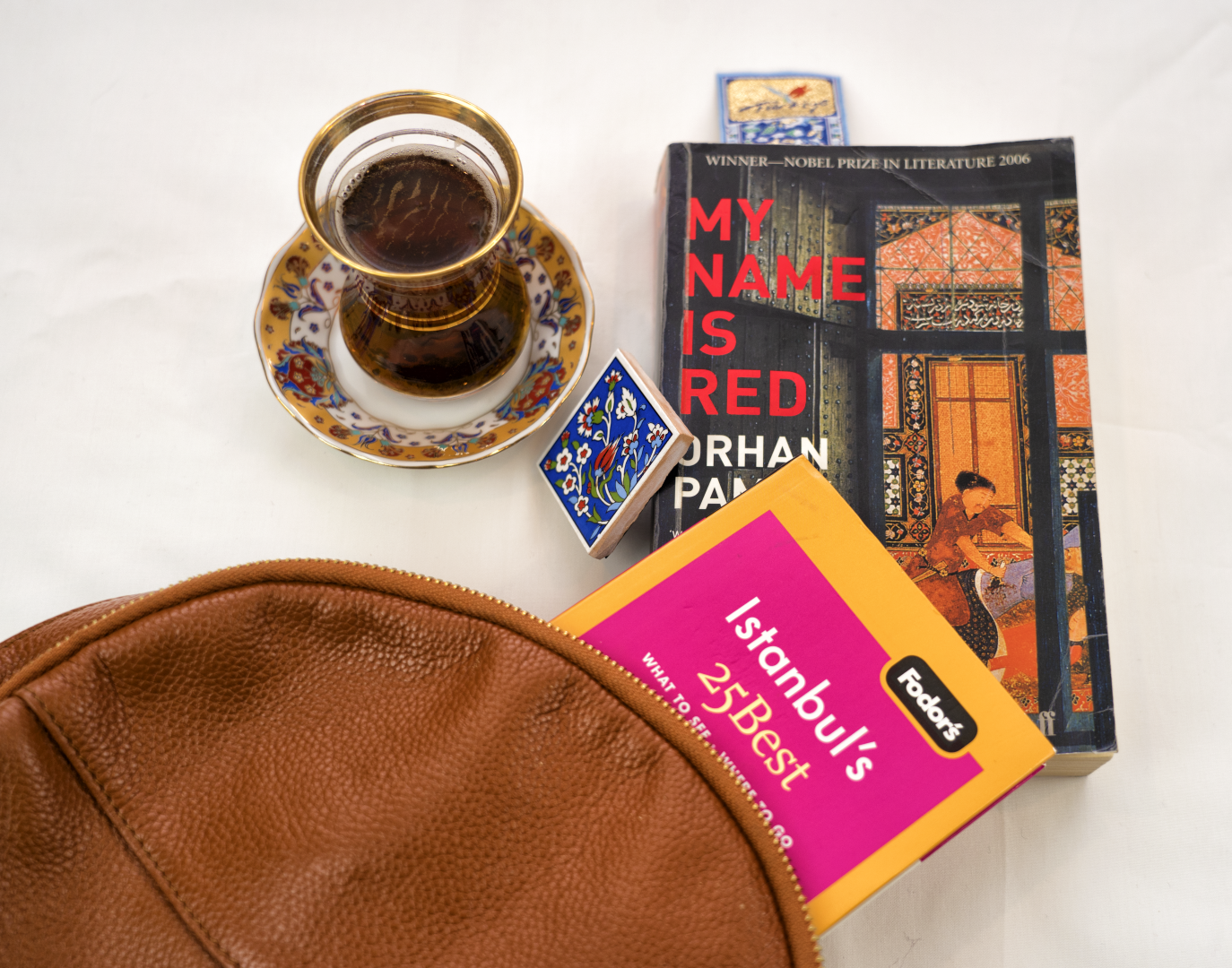 I ended up reading a little something about Turkey before our trip to Istanbul (many, many years ago!)
I ended up reading a little something about Turkey before our trip to Istanbul (many, many years ago!)
- Fodor’s Istanbul’s 25 Best – A short travel guide that gives you the highlights on what to do Istanbul. Carry this along and you don’t really need your own itinerary.
- My Name is Red by Orhan Pamuk – A novel set in the Ottoman era that is a part murder mystery and part primer on Islamic art. Brilliantly written with a fascinating cast of characters that describes the Istanbul of many moons ago!
For more on travel to Istanbul, go here
I am yet to seriously read Tolstoy or Dostoevsky so not stating any of the prominent best sellers here. Plays by Chekhov are obviously diverting enough.
But my vote goes to the utterly eye-opening and fascinating account of the Gulag prison system by Alexander Solzhenitsyn in One Day In The Life of Ivan Denisovich.

‘In the madness of World War II, a dutiful Russian soldier is wrongfully convicted of treason and sentenced to ten years in a Siberian labor camp. So begins this masterpiece of modern Russian fiction, a harrowing account of a man who has conceded to all things evil with dignity and strength. First published in 1962, One Day in the Life of Ivan Denisovich is considered one of the most significant works ever to emerge from Soviet Russia. Illuminating a dark chapter in Russian history, it is at once a graphic picture of work camp life and a moving tribute to man’s will to prevail over relentless dehumanization.’
Considering that reading repertoire is largely British, I am just going to list my all-time favorites here!
The Code of the Woosters by PG Wodehouse remains my favorite Jeeves & Wooster of the series. My review here and this is what the publishers say: Witty Wodehouse’s best-loved creation is the master-servant team of Bertie Wooster, the charming nitwit, and Jeeves, his effortlessly superior valet and protector. Newsweek says “they are at their best in The Code of the Woosters.” This installment involves Gussie Fink-Nottle, the soupey Madeline Bassett, old Pop Bassett, the unscrupulous Stiffy Byng, the Rev. H.P. (“Stinker”) Pinker, an eighteenth-century cow-creamer, and a liberal dose of the imperious Aunt Dahlia. There you have it: jolly good fun and grins galore! Jeeves once more to the rescue!
 Pride & Prejudice by Jane Austen
Pride & Prejudice by Jane Austen
‘Few have failed to be charmed by the witty and independent spirit of Elizabeth Bennet in Austen’s beloved classic Pride and Prejudice. When Elizabeth Bennet first meets eligible bachelor Fitzwilliam Darcy, she thinks him arrogant and conceited; he is indifferent to her good looks and lively mind. When she later discovers that Darcy has involved himself in the troubled relationship between his friend Bingley and her beloved sister Jane, she is determined to dislike him more than ever. In the sparkling comedy of manners that follows, Jane Austen shows us the folly of judging by first impressions and superbly evokes the friendships, gossip and snobberies of provincial middle-class life.’

‘Charles Dickens’s Great Expectations charts the course of orphan Pip Pirrip’s life as it is transformed by a vast, mysterious inheritance. A terrifying encounter with the escaped convict Abel Magwitch in a graveyard on the wild Kent marshes; a summons to meet the bitter, decrepit Miss Havisham and her beautiful, cold-hearted ward Estella at Satis House; the sudden generosity of a mysterious benefactor – these form a series of events that change the orphaned Pip’s life forever, and he eagerly abandons his humble station as an apprentice to blacksmith Joe Gargery, beginning a new life as a gentleman. Charles Dickens’s haunting late novel depicts Pip’s education and development through adversity as he discovers the true nature of his identity, and his ‘great expectations’. This definitive version uses the text from the first published edition of 1861. It includes a map of Kent in the early nineteenth century, and appendices on Dickens’s original ending and his working notes, giving readers an illuminating glimpse into the mind of a great novelist at work. ‘
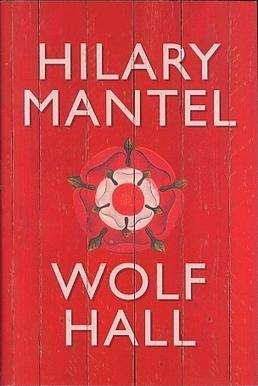
‘England in the 1520s is a heartbeat from disaster. If the king dies without a male heir, the country could be destroyed by civil war. Henry VIII wants to annul his marriage of twenty years and marry Anne Boleyn. The pope and most of Europe opposes him. Into this impasse steps Thomas Cromwell: a wholly original man, a charmer and a bully, both idealist and opportunist, astute in reading people, and implacable in his ambition. But Henry is volatile: one day tender, one day murderous. Cromwell helps him break the opposition, but what will be the price of his triumph?’
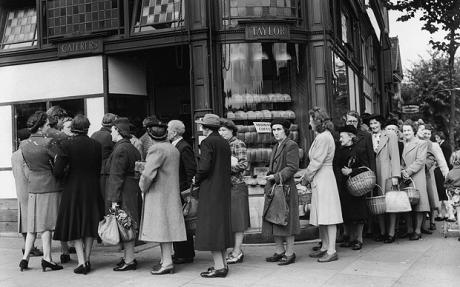 Good Evening, Mrs. Craven by Mollie Panter Downes
Good Evening, Mrs. Craven by Mollie Panter Downes
An excellent collection of wartime stories that will leave you thinking days after you have finished reading them.
The author, Mollie Panter-Downes was a columnist for The New Yorker during the Second World War. Over the years she contributed war reports in the form of Letters from London and several short stories. Good Evening, Mrs. Craven is the compilation of these stories. The focus on these stories is not on the battlefields, the soldiers or the war machine itself, but the effect of war on the home front in England. These are the stories of women who may not be sitting in trenches in the line of fire, but are still acutely aware of the danger the war brings – both emotional and physical.
The collection is a mix of the comical and the tragic, of the optimistic and the hopeless. These short, sharp stories give us a window into what would have been the condition of hundreds of civilians as the second World War swept by
 Having lived here for almost a decade, if I had one thing that is I find so essential to the American experience is the love of the outdoors. Americans love their national parks, they love their road trips, their campers, and their camping – in the local park, on the beach, in a state park, or in the backyard.
Having lived here for almost a decade, if I had one thing that is I find so essential to the American experience is the love of the outdoors. Americans love their national parks, they love their road trips, their campers, and their camping – in the local park, on the beach, in a state park, or in the backyard.
So my go-to book about understanding a little bit more about the country is Travels with Charlie by John Steinbeck. Steinbeck embarks on a cross country road trip with this dog. He meets strangers and friends along the way and finds solitude in the beautiful outdoors of America.
‘To hear the speech of the real America, to smell the grass and the trees, to see the colors and the light—these were John Steinbeck’s goals as he set out, at the age of fifty-eight, to rediscover the country he had been writing about for so many years. With Charley, his French poodle, Steinbeck drives the interstates and the country roads, dines with truckers, encounters bears at Yellowstone and old friends in San Francisco. Along the way he reflects on the American character, racial hostility, the particular form of American loneliness he finds almost everywhere, and the unexpected kindness of strangers.’

